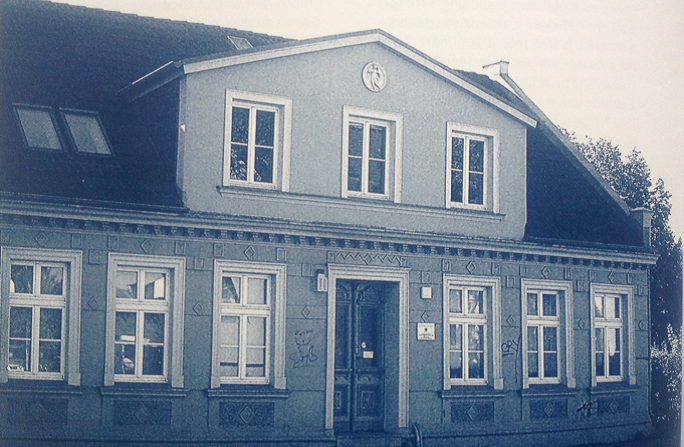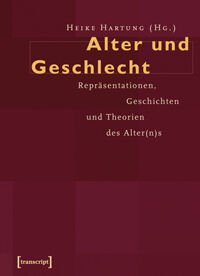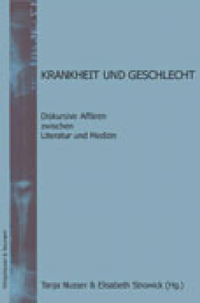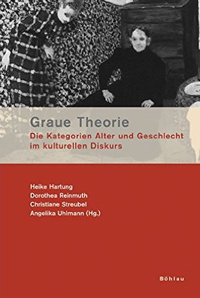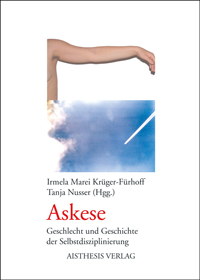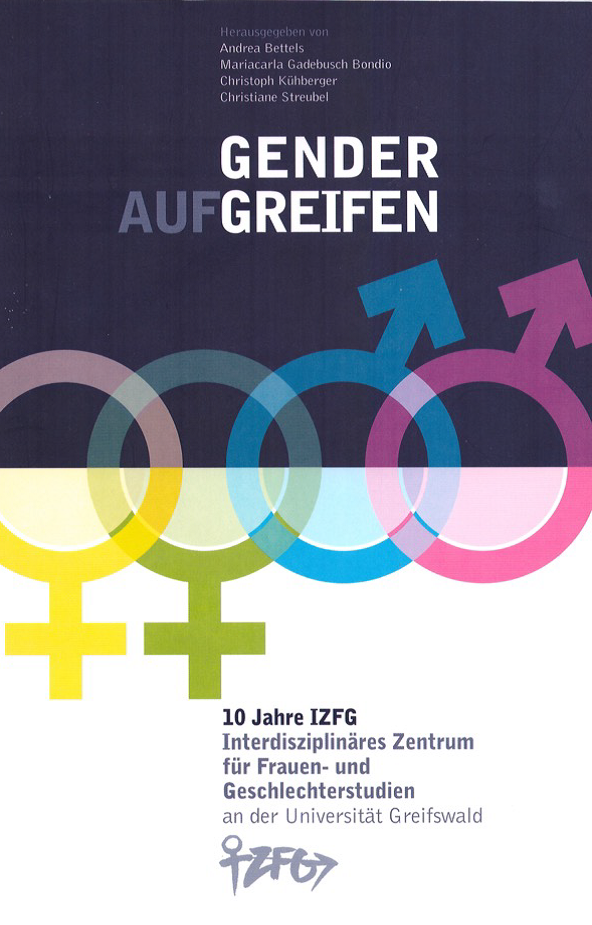The Centre was founded as the Interdisciplinary Centre for Women's and Gender Studies at the University of Greifswald on 19 November 1996. It was the first institution of its kind in the eastern German states since 1989. The founding board included Prof. Dr. Doris Ruhe (spokeswoman, Romance Studies), Prof. Dr. Mariacarla Gadebusch Bondio (History of Medicine), and Anna-Manis Münster.
The establishment of the centre followed years of dedicated efforts by committed academics at the University of Greifswald to institutionalise women's and gender studies. These efforts were supported by the State Conference of Gender Equality Officers at the Universities and Universities of Applied Sciences, the State Government, as well as the State Government's Women's and Gender Equality Officers and the Minister of Culture. In March 1996, the then Minister of Culture of the State of Mecklenburg-Vorpommern, Regine Marquart, recommended that the University of Greifswald "advances the already existing approaches to women's studies in a manner that includes the stronger development of these studies into a key field of research." (Quoted from the brochure Gender aufgreifen. 10 Jahre IZFG an der Universität Greifswald [Approaching Gender. 10 Years of the IZFG at the University of Greifswald], p. 7).
When the centre was founded, its objectives encompassed both gender research and the support of women in research, as well as in political and professional bodies. The IZFG's first two interdisciplinary lecture series took place in 1997 and 1998. In 1998, the first conference on women's and gender studies in Mecklenburg-Vorpommern was held, with participation from spokespersons both from Germany and abroad. The first publications resulted from these events. Since then, the Centre has hosted numerous events and projects in the field of gender research, including lecture series, almost annual international and interdisciplinary conferences, study days, and lectures. Two research training groups should also be mentioned, which were based at the IZFG between 2001 and 2006, funded by the Ministry of Education, Science and Culture of Mecklenburg-Vorpommern and the State Government’s Women’s and Gender Equality Officer (now the Ministry of Labour, Gender Equality and Social Affairs): The research training group Illness and Gender (2001-2004) consisted of a young group of academics from German language and literature, English studies and history of medicine, who investigated the interaction of medical, literary, sociological, biological and historical discourses in shaping cultural notions of illness and gender. The subsequent research training programme, Age-Gender-Society (2005-2006), brought together female academics from English studies, modern and contemporary history, and community medicine/history of medicine, focusing on the role of age in social, cultural, and academic discourses.
The 10th anniversary of the IZFG was celebrated in 2006. At that time, the centre had yet to be permanently institutionalised with (partially) appointed professorial chairs and/or permanent positions. This makes the centre's diverse activities in research, teaching, and academic organisation, which are visible across Mecklenburg-Vorpommern, all the more remarkable. These activities have been sustained by the dedicated commitment of several researchers and lecturers at the University of Greifswald who are devoted to gender studies - and remain so today. Renamed the Interdisciplinary Centre for Gender Studies (IZfG), since 2013 its work has been supported by a junior professorship in gender studies, part of the Modern German Literature and Literary Theory unit, and is overseen by a three-member board. In recent years, conferences, lecture series, workshops, and publication projects have been, and continue to be, organised in cooperation with lecturers and students at the University of Greifswald. In May 2015, Jun-Prof. Dr Eva Blome was appointed as a member of the Expert Commission on the Federal Government's Second Gender Equality Report. In these and other ways, gender research continues to inform politics and broader areas of society.
Until November 2016, the IZfG received funding for its activities from the Ministry of Labour, Gender Equality and Social Affairs of the State of Mecklenburg-Vorpommern as part of annual cooperation agreements. Since the beginning of November 2016, the Ministry of Social Affairs, Integration and Gender Equality is IZfG’s cooperation partner on behalf of the State of Mecklenburg-Vorpommern. There has also been close cooperation with the Alfried Krupp Wissenschaftskolleg (Institute of Advanced Studies) Greifswald for the past three years, which provides the IZfG with extensive support within as part of mutual cooperation activities. The IZfG is also responsible for offering lectures in the Gender Studies module within the General Studies programme for Bachelor's students. An annotated course timetable with lectures in gender studies is published for each semester.


